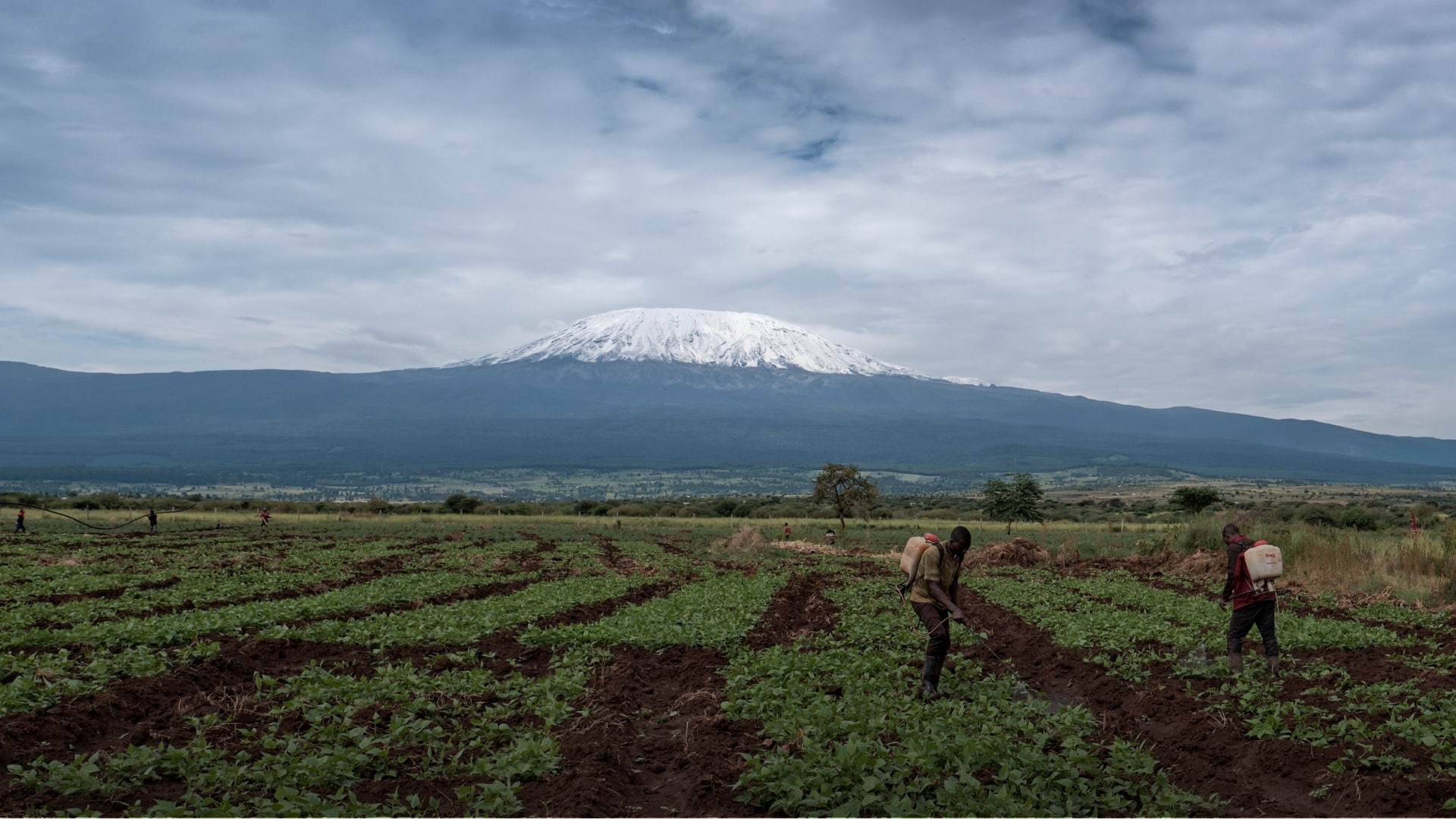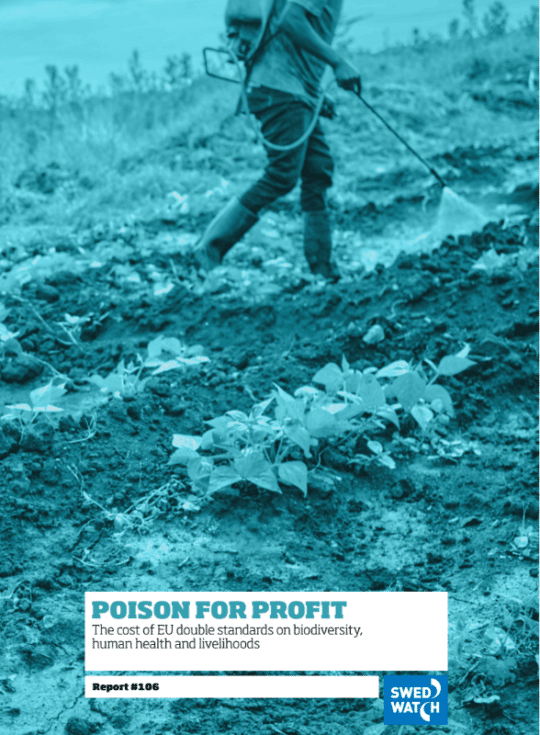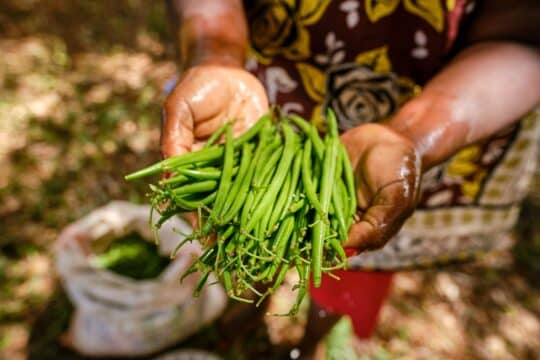
WORKERS AND ECOSYSTEMS PAY THE PRICE FOR EUROPE’S TOXIC TRADE
On smaller farms pesticides are mixed with water by hand and then applied to the field using tanks carried on the back. The workers often lack protective equipment and many have received no formal training on pesticide use, exposing them to considerable risk.
People will pick up a tomato and eat it without washing it (…). Cancer is a major risk related to these chemicals.

Everyone is blaming each other. But the problem is not the farmers, the problem is the companies.
If someone would refuse to do the spraying he would lose his job immediately. There are many others who would be willing to do the job instead.
You mix the chemicals and see what happens. You spray and then you trust in god.

We have never had an incident with the chemicals, but one of my workers were tested and was found to have traces of pesticides in his blood.
We know about the cancers. But we have no choice.


